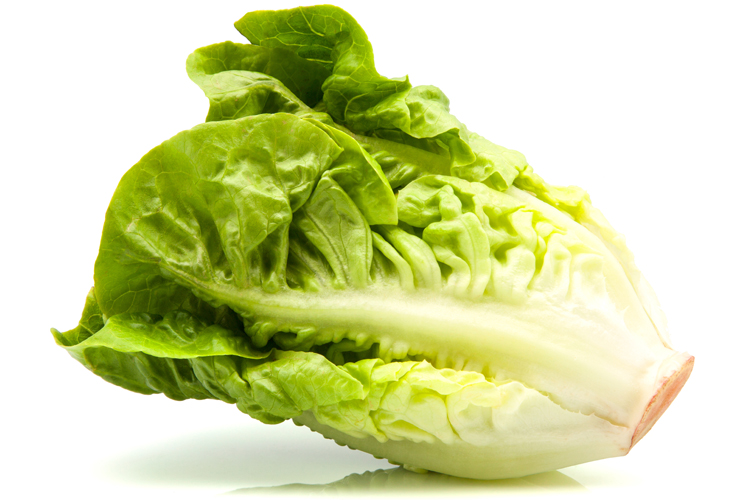Attention all salad-enthusiasts, the US Centers for Disease Control and Prevention has expanded its warning on the E.coli strain that’s linked to Romaine lettuce, recommending consumers to toss all romaine lettuce—unless one can prove it didn’t come from the Yuma, Arizona, growing region. If the source of the lettuce is unknown, the CDC warns that consumers across the country should toss any store-bought romaine lettuce.
“Product labels often do not identify growing regions; so, throw out any romaine lettuce if you’re uncertain about where it was grown,” the CDC says. “This includes whole heads and hearts of romaine, chopped romaine, and salads and salad mixes containing romaine lettuce. If you do not know if the lettuce is romaine, do not eat it and throw it away.”
Outbreak Update: 53 people sick in 16 states with E. coli infections linked to chopped romaine lettuce. Don’t eat any store-bought chopped romaine, including salad mixes with romaine, and organic romaine. Throw it away. https://t.co/r8k0N9Mjhf pic.twitter.com/gqG3fIJpRF
— CDC (@CDCgov) April 18, 2018
Additionally, the warning asks consumers to be cautious when eating out, and to once again be aware of where it was grown.
“Do not buy or eat romaine lettuce at a grocery store or restaurant unless you can confirm it is not from the Yuma, Arizona, growing region,” the CDC advises on its website.
The updated warning is based on information from new illnesses that have been emerged in Alaska, specifically from an outbreak in a correctional facility in Nome.
“The recently discovered cases appear to be connected to a nationwide E. coli outbreak affecting at least 53 persons in 16 states and linked to romaine lettuce grown in Yuma, Arizona,” the press release on the outbreak in Alaska stated.
The CDC claims that based on information provided to date, the lettuce is likely contaminated with E. coli O157:H7; A specific grower, supplier or distributor has not been identified yet.
While the investigation is ongoing, according to the CDC, 53 people have been infected with the outbreak in 16 states. Thirty-one people have been hospitalized, and five of those people have developed hemolytic uremic syndrome—a type of kidney failure.
The initial announcement regarding the outbreak was made on April 10.
“Ill people range in age from 12 to 84 years, with a median age of 41,” the announcement stated. “Among ill people, 65% are female. Six ill people have been hospitalized, including one person who developed hemolytic uremic syndrome, a type of kidney failure.”
No deaths have been reported. Last week, a woman reportedly got sick after eating at Panera Bread. According to the Washington Post, she has since filed a lawsuit.
According to Mayo Clinic, severe abdominal cramps, bloody diarrhea and vomiting are symptoms of E. coli O157:H7.
“Healthy adults usually recover from infection with E. coli O157:H7 within a week, but young children and older adults have a greater risk of developing a life-threatening form of kidney failure called hemolytic uremic syndrome,” Mayo Clinic states.
If diarrhea is persistent or bloody it is advised to call a doctor.
Last year, there was a separate outbreak connected to leafy greens when 25 people were infected with a strain of STEC O157:H7 in 15 states. The outbreak had nine hospitalizations and one death.


